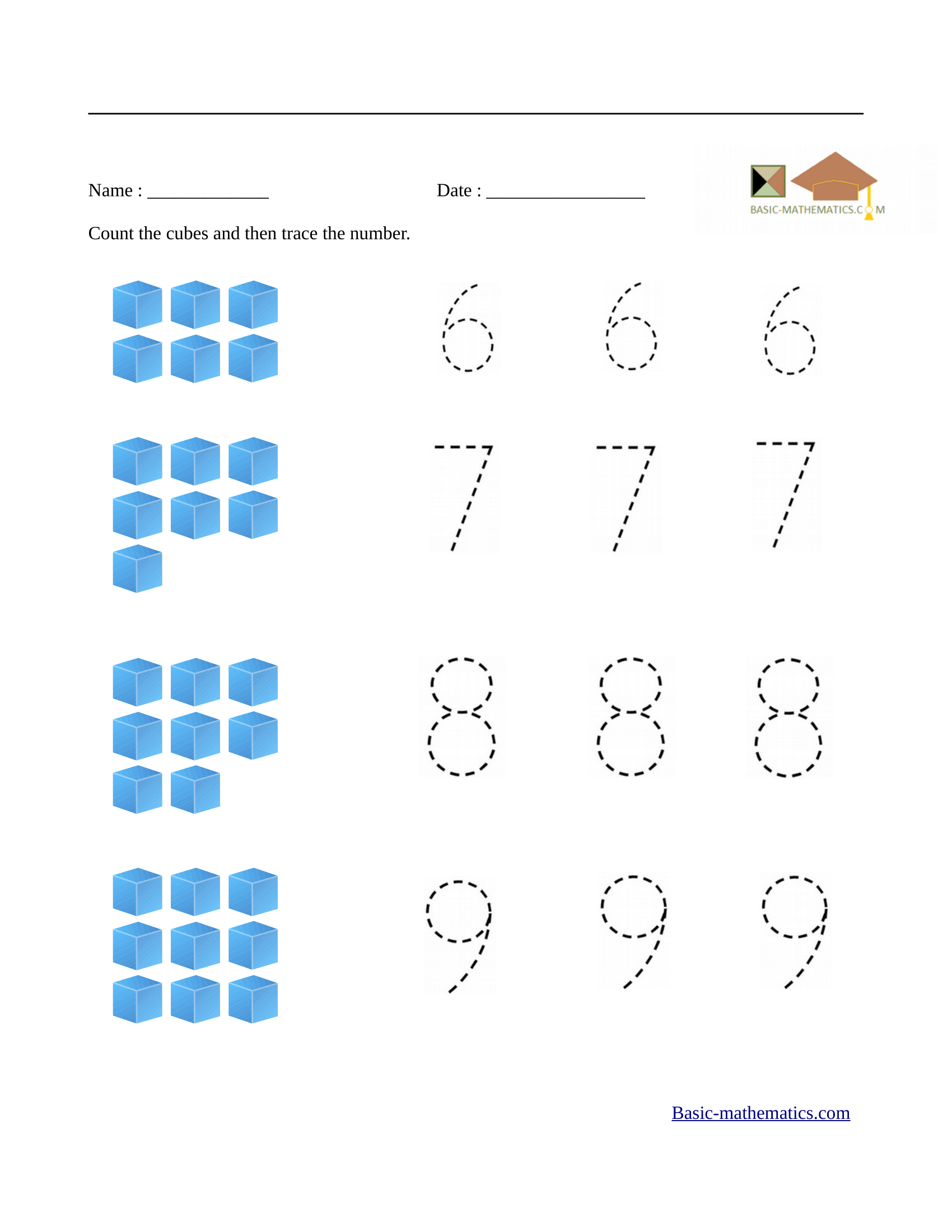

As early as 40 years ago, Donaldson ( 1978) stated that children act differently in their everyday situations than they do in experiment situations, and this has been confirmed by many others since then. The aim of gaining deep knowledge of how young children’s mathematical understanding can be fostered places high demands on research methods. Research involving young children entails certain challenges that cannot simply be solved by adopting research designs that are used with older students. 2010), such high-quality research is especially critical for early childhood mathematics education. 2007 Krajewski and Schneider 2009 Levine et al. Since there is much evidence that later development in mathematics is laid in the early years (e.g., Duncan et al. High-quality research grounded in theory is necessary for all areas of mathematics education, in order to move forward and contribute to the generation of new knowledge from which the educational practice can benefit. Moreover, from a didactical perspective, it also requires consideration of the essence of the mathematics to be taught to young children. To develop this field of research, a strong foundation of theory and methodology is necessary, along with consideration of the practical settings of young children’s learning as well as the societal needs and relevant educational policy frameworks. Therefore, contemporary research on early mathematics education focuses on children from birth until they enter formal schooling in the first grade.

Generally, early childhood mathematics education involves children aged 3–6 years, but in many countries even the youngest toddlers go to early childhood centres.


This knowledge is important for future research and for the development of educational practices.Įarly childhood mathematics education is a rich field of study and practice that includes the provision of stimulating activities and learning environments, organized and orchestrated by teachers, care-takers and other professionals with the aim of offering young children experiences that extend their knowledge and development of mathematical concepts and skills. Together, these themes offer a coherent view of the complexity of researching mathematical teaching and learning in early childhood, but the research also brings this field forward by adding new knowledge that extends our understanding of aspects of mathematics education and research in this area, in the dynamic context of early childhood. Particular focus in this paper is directed to what lessons can be drawn from teaching interventions in early childhood, what facilitates children’s mathematical learning and development, and what mathematical key concepts can be observed in children. The research covers the broad spectrum of educational research focusing on different content and methods in teaching and learning mathematics among the youngest children in the educational systems. This paper reports an overview of contemporary research on early childhood mathematics teaching and learning presented at recent mathematics education research conferences and papers included in the special issue (2020–4) of ZDM Mathematics Education.


 0 kommentar(er)
0 kommentar(er)
